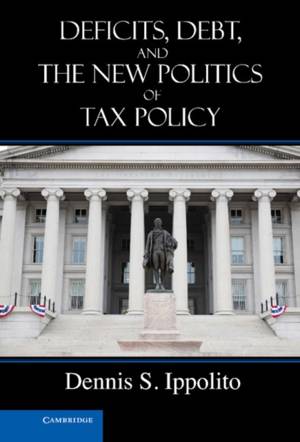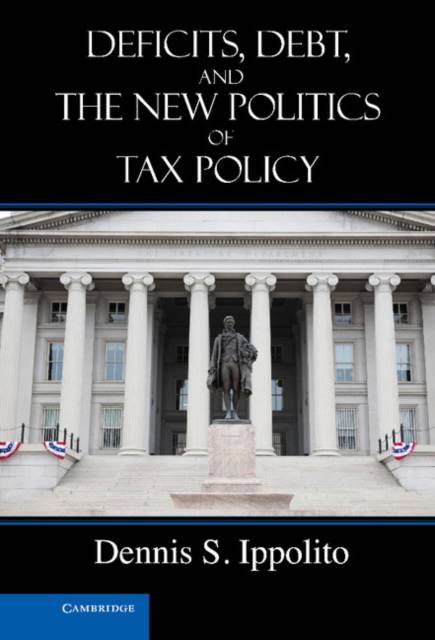
- Afhalen na 1 uur in een winkel met voorraad
- Gratis thuislevering in België vanaf € 30
- Ruim aanbod met 7 miljoen producten
- Afhalen na 1 uur in een winkel met voorraad
- Gratis thuislevering in België vanaf € 30
- Ruim aanbod met 7 miljoen producten
Zoeken
€ 157,45
+ 314 punten
Uitvoering
Omschrijving
The Constitution grants Congress the power "to lay and collect taxes, duties, imposts, and excises." From the First Congress until today, conflicts over the size, role, and taxing power of government have been at the heart of national politics. This book provides a comprehensive historical account of federal tax policy that emphasizes the relationship between taxes and other components of the budget. It explains how wars, changing conceptions of the domestic role of government, and beliefs about deficits and debt have shaped the modern tax system. The contemporary focus of this book is the partisan battle over budget policy that began in the 1960s and triggered the disconnect between taxes and spending that has plagued the budget ever since. With the federal government now facing its most serious deficit and debt challenge in the modern era, partisan debate over taxation is almost completely divorced from fiscal realities. Continuing to indulge the public about the true costs of government has served the electoral interests of the parties, but it precludes honest debate about the urgent task of reconnecting taxes and budgets.
Specificaties
Betrokkenen
- Auteur(s):
- Uitgeverij:
Inhoud
- Aantal bladzijden:
- 302
- Taal:
- Engels
Eigenschappen
- Productcode (EAN):
- 9781107017276
- Verschijningsdatum:
- 19/11/2012
- Uitvoering:
- Hardcover
- Formaat:
- Genaaid
- Afmetingen:
- 155 mm x 231 mm
- Gewicht:
- 544 g

Alleen bij Standaard Boekhandel
+ 314 punten op je klantenkaart van Standaard Boekhandel
Beoordelingen
We publiceren alleen reviews die voldoen aan de voorwaarden voor reviews. Bekijk onze voorwaarden voor reviews.











